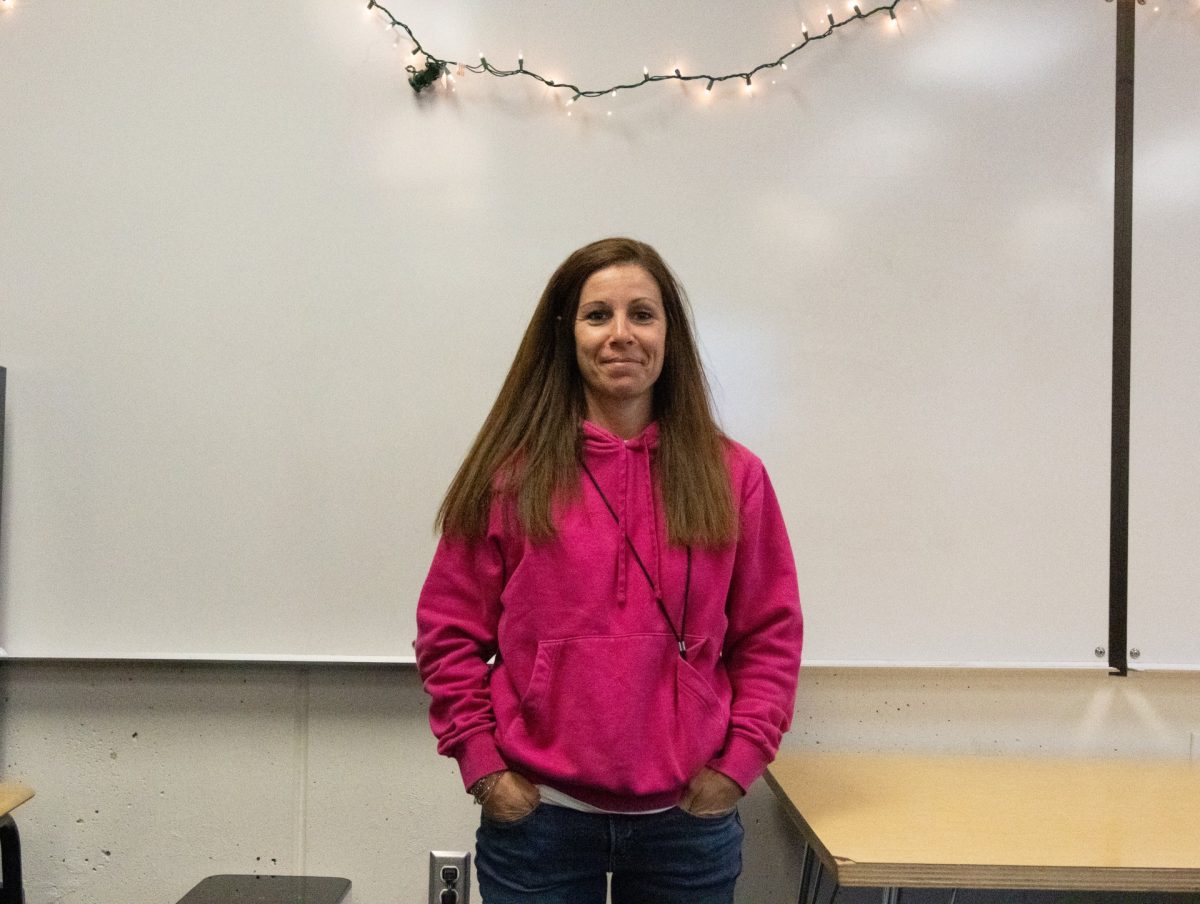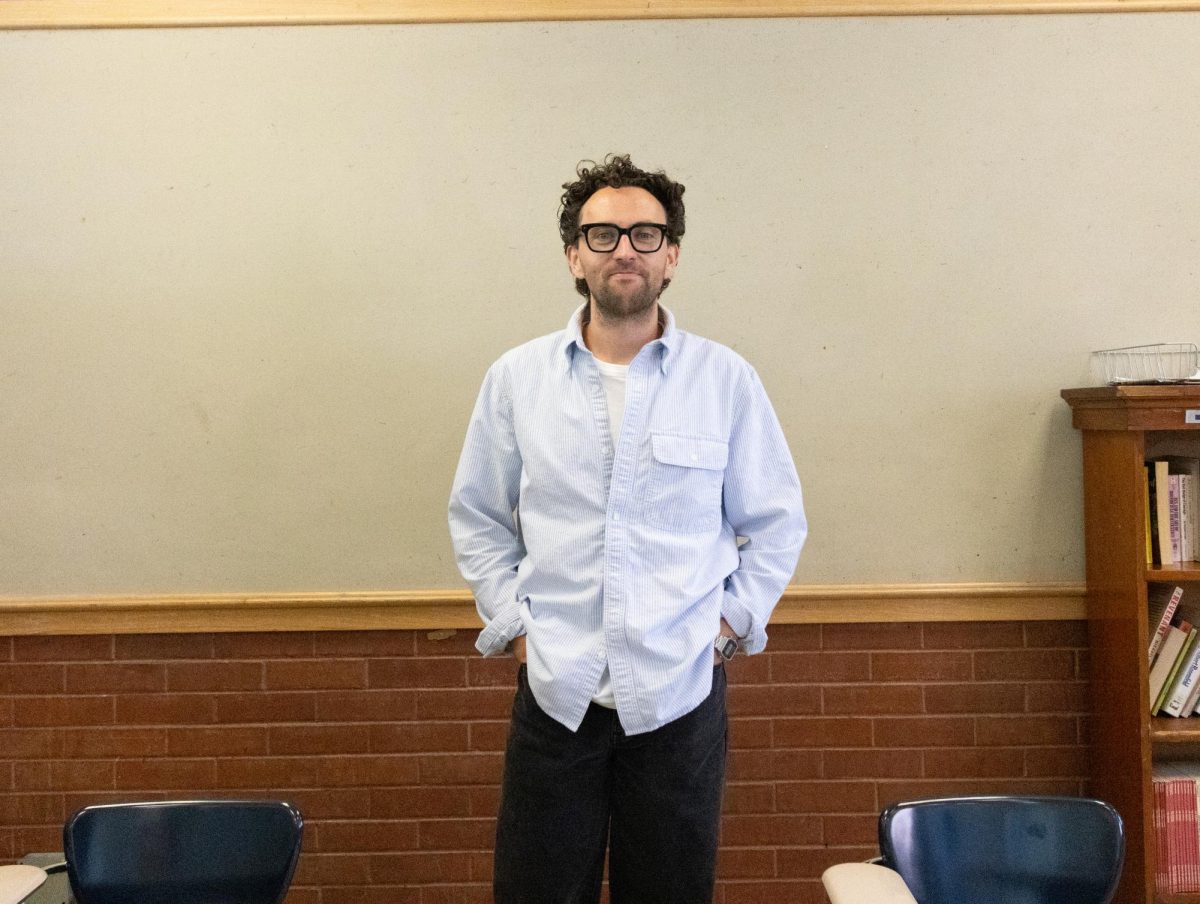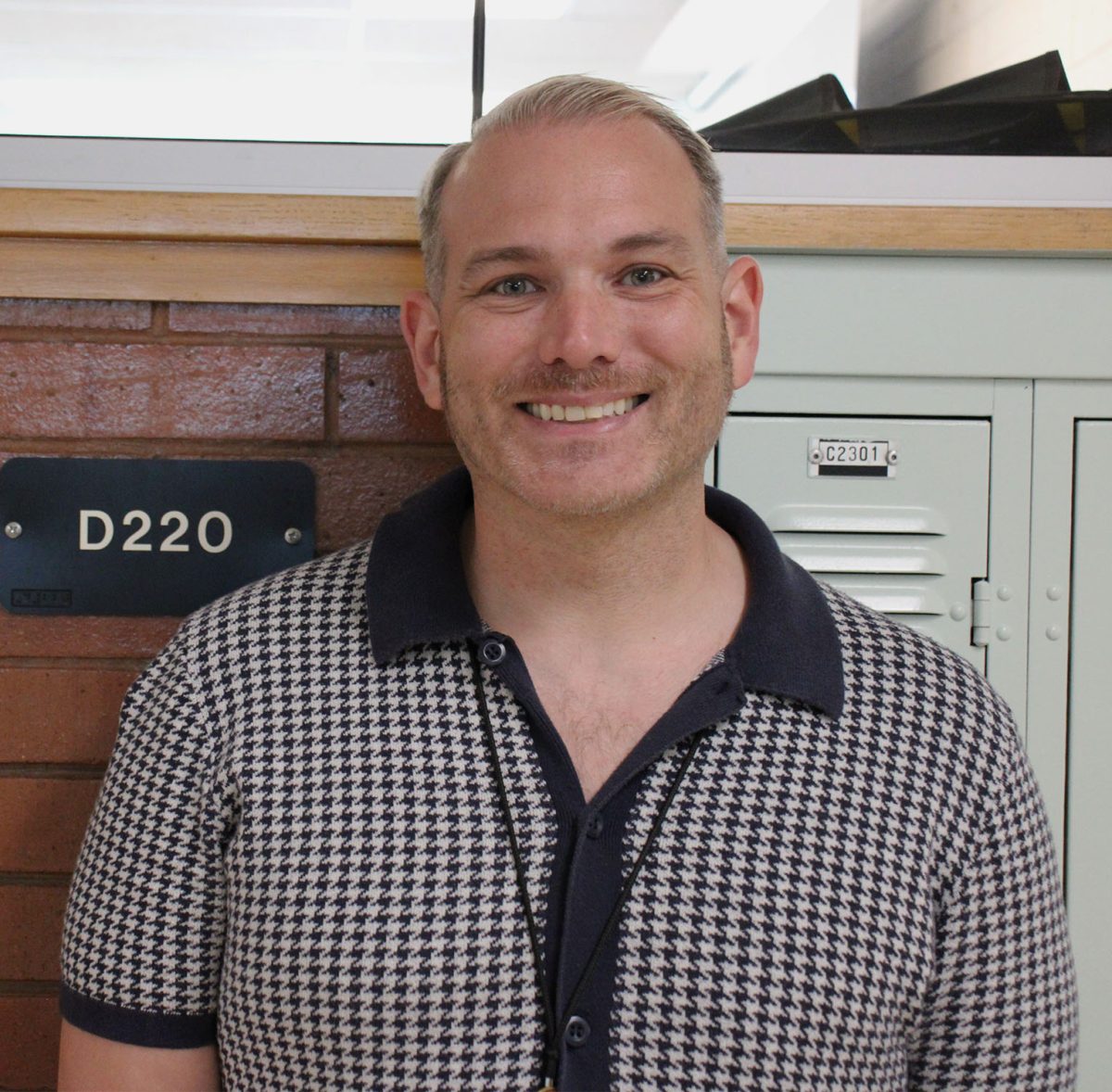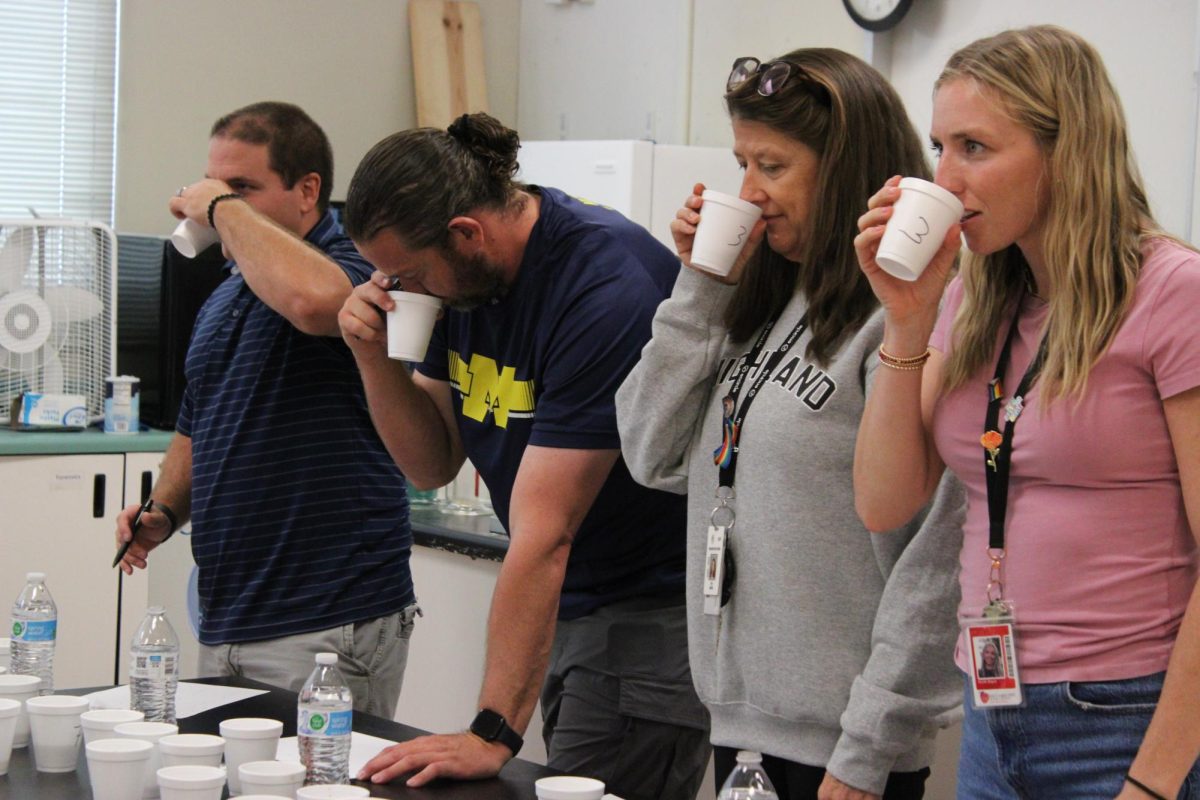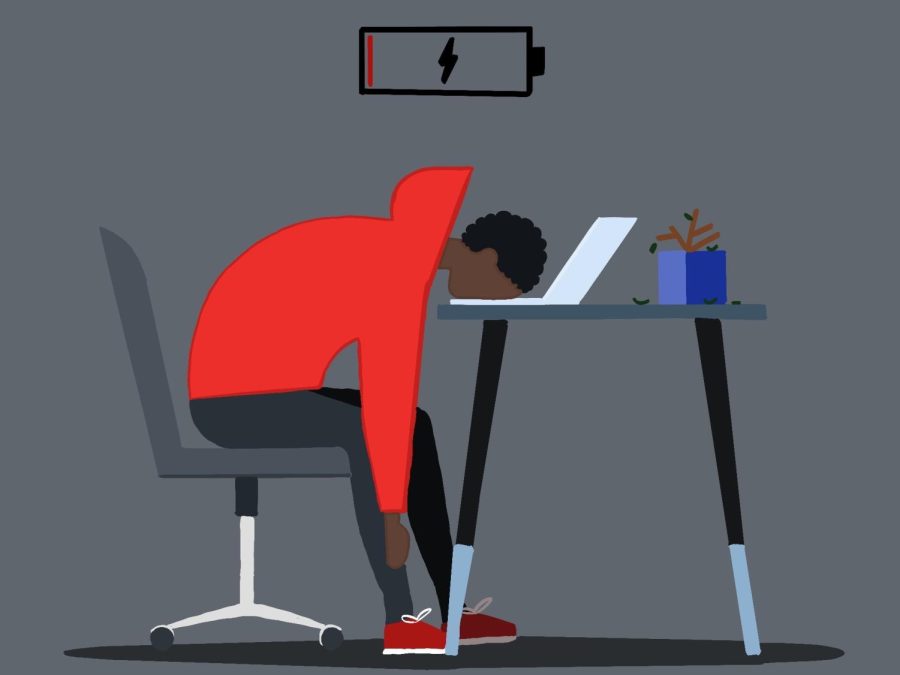College Applicants Have Seniors Feeling The Burnout
January 10, 2023
Next stop: College
Before seniors can begin to prepare for their new life adventure, there is a whole load of things to take care of first. They must engage in the most cutthroat competition of all: being better than the next applicant.
As time has gone on, the list of requirements that most colleges want to see has seemingly grown. Because of this, many students feel the need to channel all their energy into meeting those expectations. College is supposed to be an exciting endeavor that allows students to explore the world and their brains. Instead, many students burn out before they even get there.
A study completed in early 2022 concluded that 85% of students experienced increased stress and anxiety during the COVID-19 pandemic, mainly due to burnout.
One senior in particular has a list sky-high of things that she has accomplished or is in the process of completing before graduation. Mary Crowell, a Highland senior, displays excellence in many fields, including Highland’s IB program, an NHS officer and as a former cross-country runner. To most, it would seem like her free time is scarce and the stress levels are crushing.
“One of the reasons that I quit cross country was because the time commitment had me there every day after school for a few hours on top of the schoolwork,” Crowell said. “If I just had school or if I just had cross country, then I would be fine, but the combination makes it more stressful.”
Crowell would not be the only senior student who has felt that level of stress. She also expresses her concern for how the new pandemic consequence regarding ACT scores no longer being required for many colleges puts more pressure on students to complete more, even if it means losing your joy and passion for the activity in the end.
Crowell reflects on the feeling of everyone telling her to partake in extra activities. “By the end, you just never feel like you’re good enough because you’re always being told that what you’re doing isn’t enough and you should have done better in order to get into a top school,” Crowell said. “It feels like some of the time, I’m justifying what I’m doing in my head by saying that I’m doing it for college applications, and I can’t just enjoy it.”
Crowell would not be the only student who buckles down with activities in order to get ahead. Many students join sports, apply for Sterling Scholar, attempt to win awards, volunteer in their community, work several jobs, and join classes with harder coursework.
While others like Crowell feel that there is unnecessary stress put on students to overachieve, some feel that, in the end, their dedication was worth it.
Katie Watkins, a Highland teacher and head of the NHS, reflects on her high school and college experience.
“I went to Westminster college, and I was an officer for the National Honor Society in high school and I feel like it did help me get into college,” Watkins said. “I used a lot of my experiences from high school and my experience as an officer in NHS and applied it to my specific field.”
There are pros and cons to participating in extracurricular activities. They might help a person be accepted, or they might not. They can help provide each person with a social circle, but they can just as easily cause a student to burn out.
It is important for each student to be aware of their limitations and only push so far. Each student has their own limit and should not compare themselves to what other people are doing. While it can be beneficial to participate in extracurriculars, it is important not to overload yourself for the sake of college applications. Find an activity that is enjoyable and interesting to you and hopefully it will get you to where you need to be.





